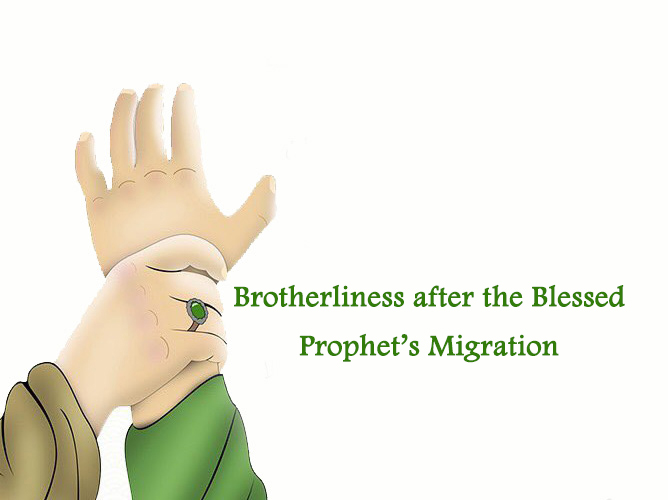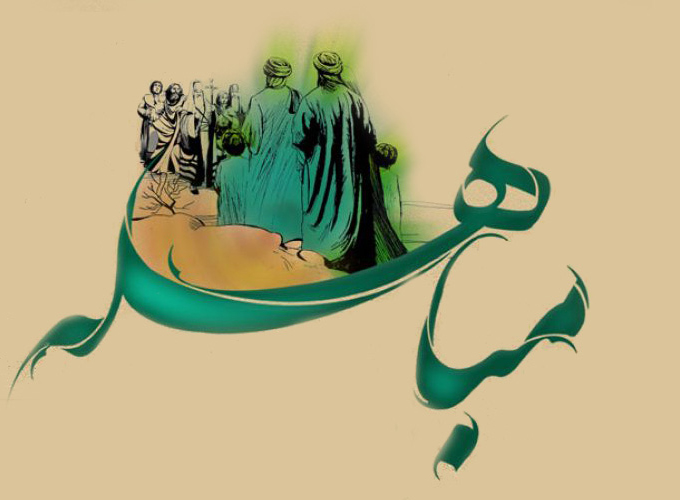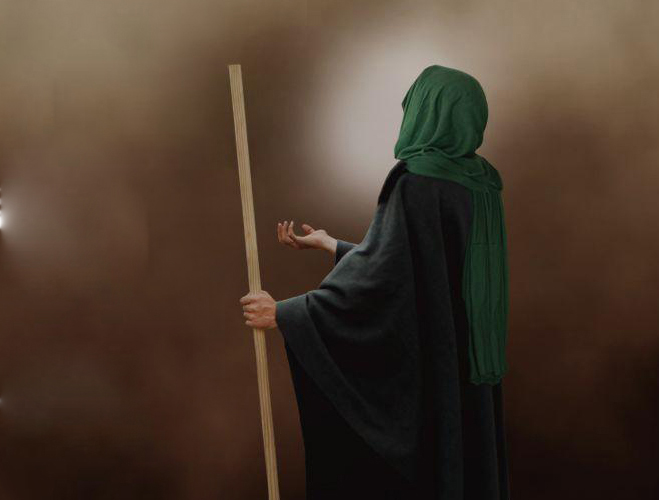The localization of muslims in Al Madina opened a new chapter in the life of God’s messenger (pbuh).
Before arriving at Al Madina, the prophet was only interested in attracting the hearts of people and calling them for his religion. But today (after entering Al Madina), he should work as a country’s wise leader to protect the state of him and his people, and never allow the local and foreign enemies to sneak to his groups and affect them from inside. In this path, he was facing three major problems:
1. The danger of Quraish and gentiles in the Arabian Peninsula.
2. The danger of Yathrib Jews who were living inside Al Madina and outside it, and have a great wealth.
3. The differences between his followers from the immigrants and between the Aws and the Khazraj.
Because the immigrants and the followers were raised in two different environments, it was normal to have a great difference in the way of their companionship, etiquette, and way of thinking.
In addition, the Aws and Khazraj, who were formalizing a group of followers, were suffering from precipitates of an old enmity and ruins of hatred that resulted from long wars that remained for 120 consecutive years.
In the presence of such contradictions and expected risks, proceeding the religious and political stable life wasn’t a possible step at all.
But God’s messenger (pbuh) has overcome all of these problems in a wise, knowledgeable, and creative way.
Regarding the first two problems, he solved them by making some steps that we will mention later on.
Regarding the problems of contradictions between the categories of his people, he tackled this problem with great smartness and a very wonderful management.
God, glorified, has commanded him to fraternize between the immigrants and the followers. So, the prophet (pbuh) gathered them one day and said for them:” Fraternize with each other for the sake of God, each two brothers together”.
Islamic historical sources, like “The Biography of the Prophet” written by Ibn Hisham1, have mentioned the names of all those siblings (who fraternize with each other) from the immigrants and followers.
In this method, the prophet (pbuh) dedicated the political and moral unity between muslims and strengthened its basis and props.
This unity and wide brotherliness helped in finding a solution for the first two problems quickly and easily.
Two great features:
Most of the historians of Sunnah and Shi’a and their speakers regarding this topic, have mentioned two great features that we also mention here: the Messenger of God (pbuh) fraternized 300 men of his companions of immigrants and followers while saying: O you fraternize that man.
When he finished brotherliness, Al Imam Ali (pbuh) said while crying:” O messenger of God, you fraternize your companions, but you didn’t fraternize me with someone?”
So the prophet (pbuh) held his hand and told him:” you are my brother here in life and in the hereafter”. 2
Al Kandouzi Al Hanafi has talked about this issue in details, saying:
The prophet Mohammad (pbuh) said to Ali: “I swear to God who sent me as a prophet that I have delayed you for myself to be my brother, you are to me what Haroun was to Musa except that there is no prophet after me. You are my brother and successor”.3
Knowing that Ibn Kathir doubted this story4 and knowing that this doubt was a result of his own personality which is not less insignificant and false than his apology and defense of Muawiyah and his rebellious group for the killing of the great companion Ammar bin Yasir. That is why we prefer to dismiss this discussion, and leave the judiciary and judgment to the fair reader, and the follower of justice.
The Biography of the Lord of Messengers (pbuh), Ayatollah the Inquisitor Al Shaikh Jaafar Sobhani
[1]) The Biography of the Prophet: part 1 page 504-507.
([2]) Al-Mustadrak on the two Sahihs: Part 3, p. 14.
([3]) Yanabi` al-Mawaddah: p. 56, and its counterpart in the Biography of the Prophet.
([4]) The Beginning and the End: Part 2, p. 226.




















